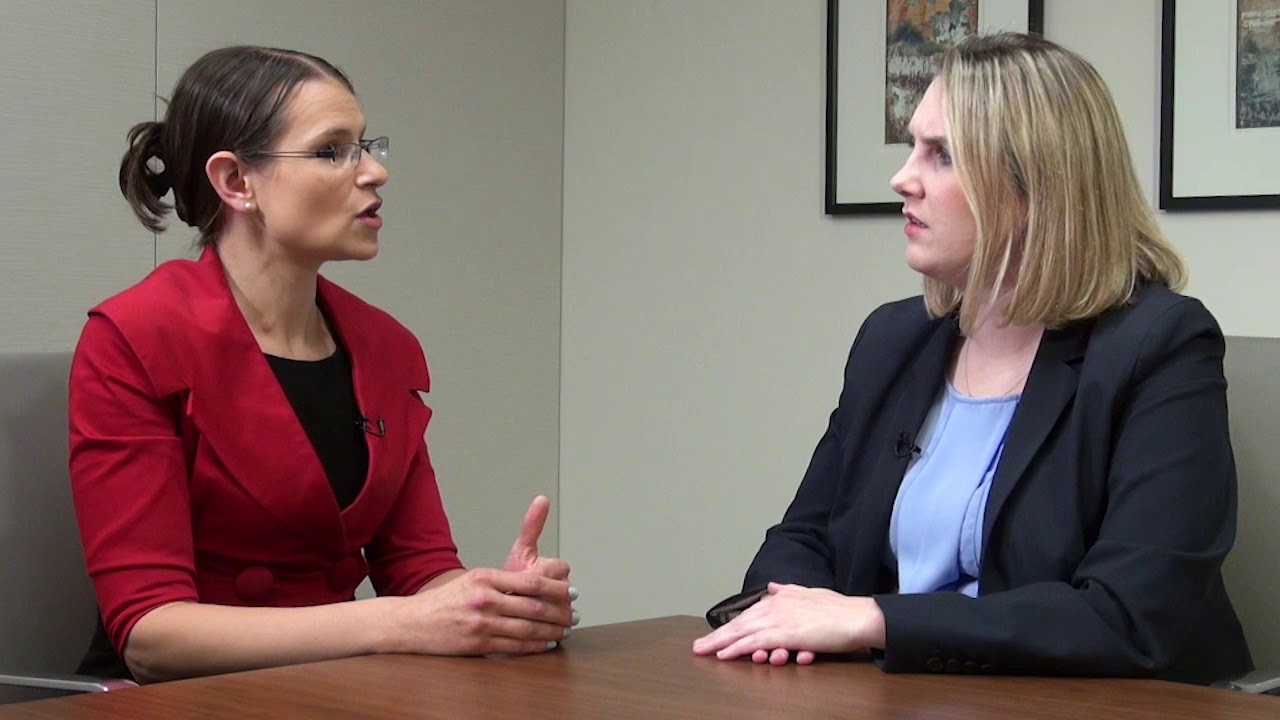What Not-For-Profits Need to Know About Fraud

Jen: This is the PKF Texas Entrepreneur’s Playbook. I’m Jen Lemanski, and I’m back again with Danielle Supkis Cheek, a PKF Texas Director and one of our Certified Fraud Examiners. Danielle, welcome back to the Playbook.
Danielle: Thanks for having me.
Jen: In your fraud and forensics practice, I know you work with a lot of not-for-profits. There’s fraud in not-for-profit?
Danielle: Unfortunately, yes. One of the risks that non-profits have is that—we’ve done a session before on small businesses and how small businesses are more susceptible for fraud because of their ability to, in effect, invest in their infrastructure and the size of their resources. It takes it one step further for non-profits.
The problem is that most non-profits are not profit maximizing entities, by the name, but really some kind of social good maximization. Most of their money goes toward spending on their mission. Accounting is not usually the mission of most non-profits, as much as I’d like it to be, and so what ends up happening is that a lot of metrics for non-profits on their success are based on the percent spent towards their mission vs. what they spend on their admin, or actually fundraising as well, but I care most about the admin for this little conversation and topic, because where you prevent fraud is on IT resources and accounting resources.
Since they’re actually theoretically penalized for investing heavily in IT and accounting infrastructure because of that percent spend, through lesser donations is the penalty, they tend to push the limit as far as they can go on cutting costs on overhead and not investing in the technology—
Jen: Not a lot of oversight, either. A lot of not-for-profits are working with volunteers, too.
Danielle: Yes, which creates additional risk for them.
Jen: Is it more complicated then for a not-for-profit?
Danielle: Accounting for a non-profit is more complicated than a rank and file business, and the reason for that is that because they are getting donations from either the public, just soliciting general donations, or a private foundation, or even actual the public US government, or a state and local government. There’s a certain duty to spend the money that you’re receiving for your mission in accordance with the donor stipulations. That tracking is actually pretty darn complicated to do, especially on a bootstrapped infrastructure from a spend perspective.
Jen: How would a not-for-profit not necessarily prevent fraud but eliminate some risk?
Danielle: There’s a lot of things that can be done to eliminate some risk. The key control is around cash, really tightening down cash, using the tracking feature of different accounting softwares and kind of hacking together at various accounting softwares to be able to track those restriction. And actually understanding what’s going on in your books and not overcomplicating it for the sake of overcomplicating but making sure that you’re figuring out where that money is actually going. Doing your best practices book keeping, bank reconciliations, that kind of stuff. The most important is tightening down cash more so than anything else.
Jen: Good to know. We’ll get you back to talk a little bit more about that.
Danielle: Sure thing.
Jen: For more about this topic, visit www.pkftexas.com. This has been another Thought Leader Production brought to you by PKF Texas the Entrepreneur’s Playbook. Tune in next week for another chapter.

